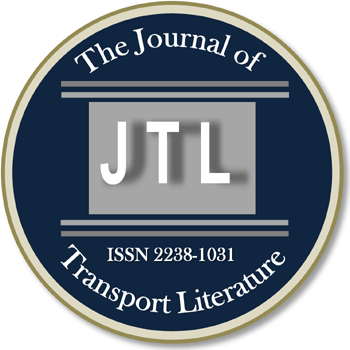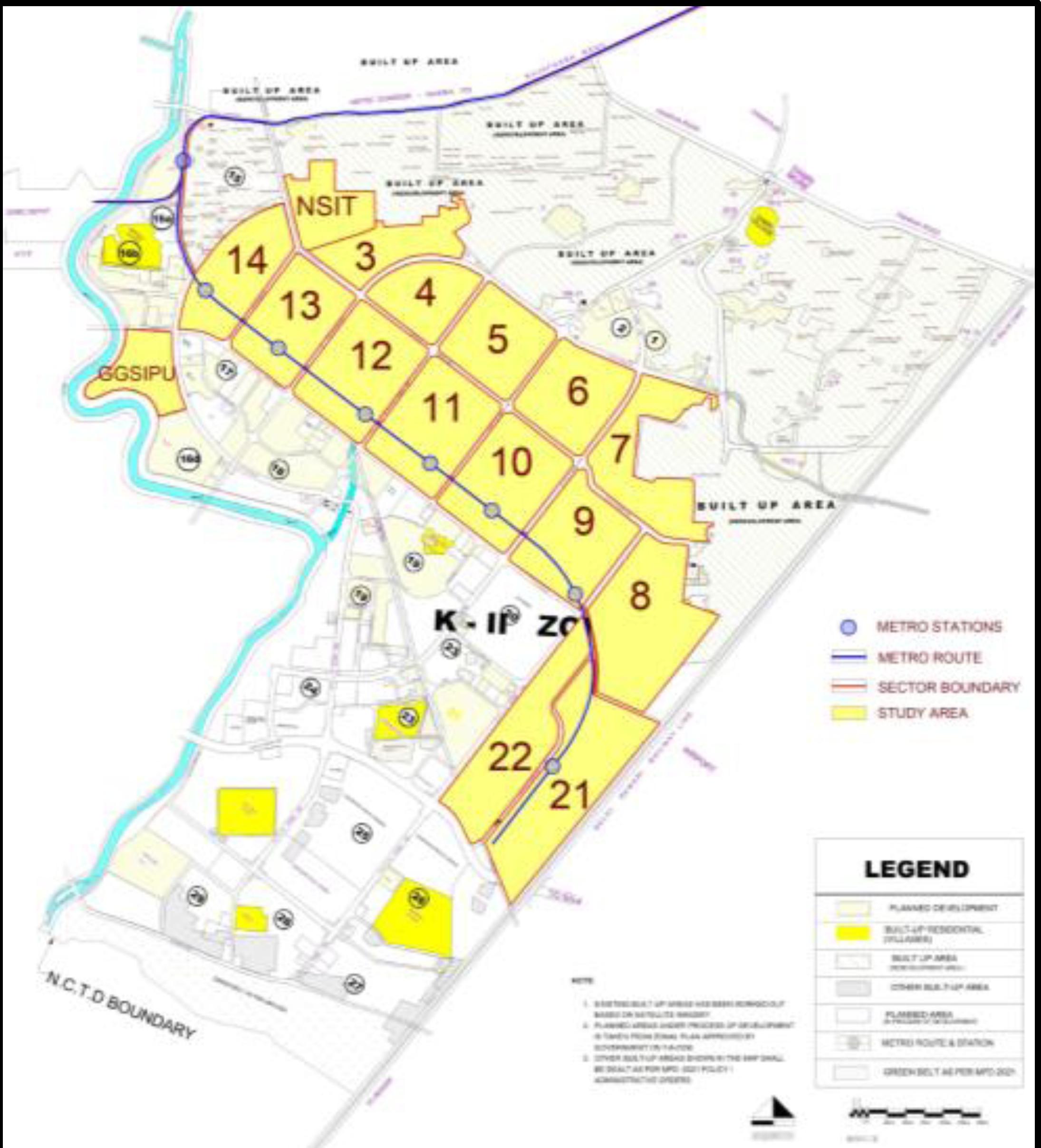Abstract
Personal Rapid Transit (PRT) is an efficient rapid transit system which provides the last mile connectivity to the users with a high level of reliability and comfort. This paper is focused on the estimation of travel demand for a PRT system in an area using stated preference technique and binary logit models. Dwarka is a township in south-western region of New Delhi, India, and it has been selected as the case study area for this study. Primary data has been collected during household and establishment surveys in the area. The surveys were conducted using stated preference technique and coupled with willingness to pay survey. Further, binary logit models have been developed to estimate a 36 percent (222,456 trips per day) shift to PRT from the existing modes in the area. Travel demand estimation is one of the critical aspects of planning a PRT system in an area. Using stated preference technique and binary logit models, the travel demand can be estimated very precisely for any area-wide or a larger city-wide PRT system.
Keywords:
PRT; personal rapid transit; travel demand; binary logit model; Dwarka

 Source: Primary survey data.
Source: Primary survey data.
 Source: Primary survey data with own calculations.
Source: Primary survey data with own calculations.
 Source: Primary survey data with own calculations.
Source: Primary survey data with own calculations.